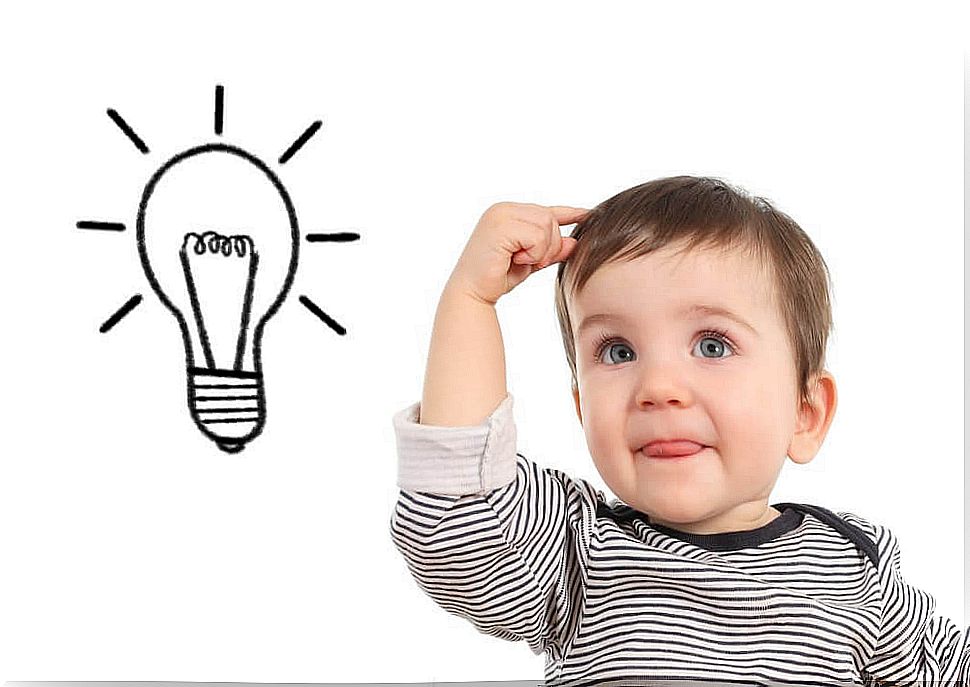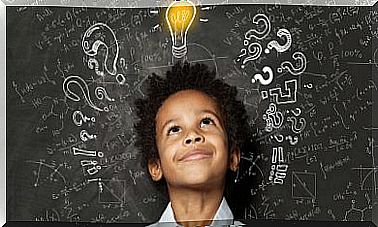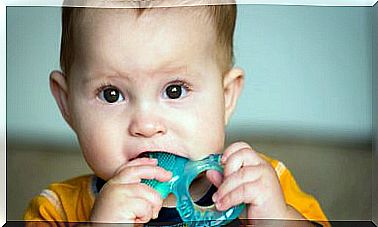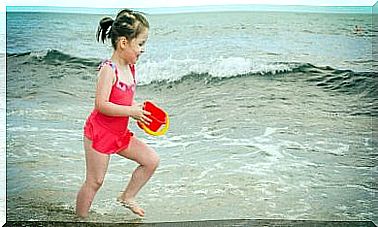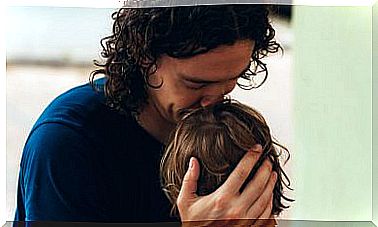How Your Baby’s Memory Works

The human brain is still an enigma. Not even technological advances have allowed us to fully understand it, leaving many doubts and hypotheses about its operation. Knowing how our child’s memory works when he is born is a mystery. Here we explain everything to understand this topic.
One of the big questions is how does the brain of babies work? Although this answer is gloomy, we already have some knowledge that is useful to understand how our offspring learn, remember and forget. This is a question that captivates more than one. Do we remember our earliest age? And if so, how do we do it? These are some of the questions that we will answer below.
Babies do remember but with limits
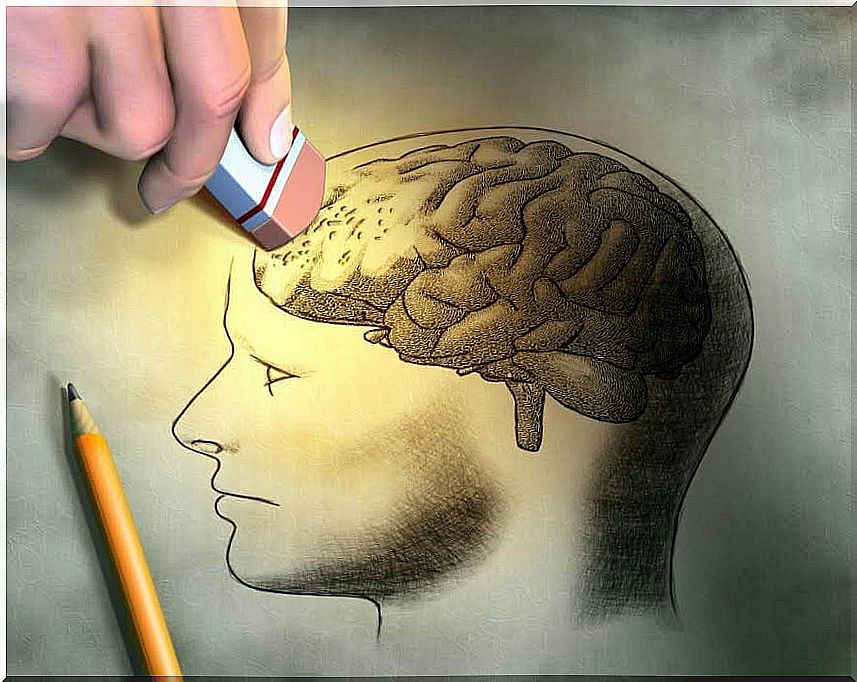
Did you know that a little one can recognize his mother’s beautiful voice from the moment he is born? This happens because it is the sound that you have heard the most during your stay in the tummy.
In fact, babies just two weeks after birth instinctively recognize their mother’s scent. Babies usually remember faces and voices that are familiar to them after two months.
This indicates that the recall operation is possible, but very limited. Specialists know it as “useful memory”, since babies use it to provide themselves or ask for what they need. It is short-lived.
The memory is gradually advancing
Let’s say that babies ‘ first mental references lead them to explore. They are able to recognize a voice, a smell, the closest beings or the fact of how to fill a physiological need, and they even recognize sleep routines.
However, many experts state that memory is formed in the womb. When you put a song on a baby during pregnancy, when it is born they feel stimulated by listening to that same song. This shows how a baby is able to remember even the notes of music, even if he does not know what it means.
At first these can establish a kind of recognition. It may be asked why we generally do not remember our first life experiences. This is the fault of the phenomenon of infantile amnesia.
What is infantile amnesia?
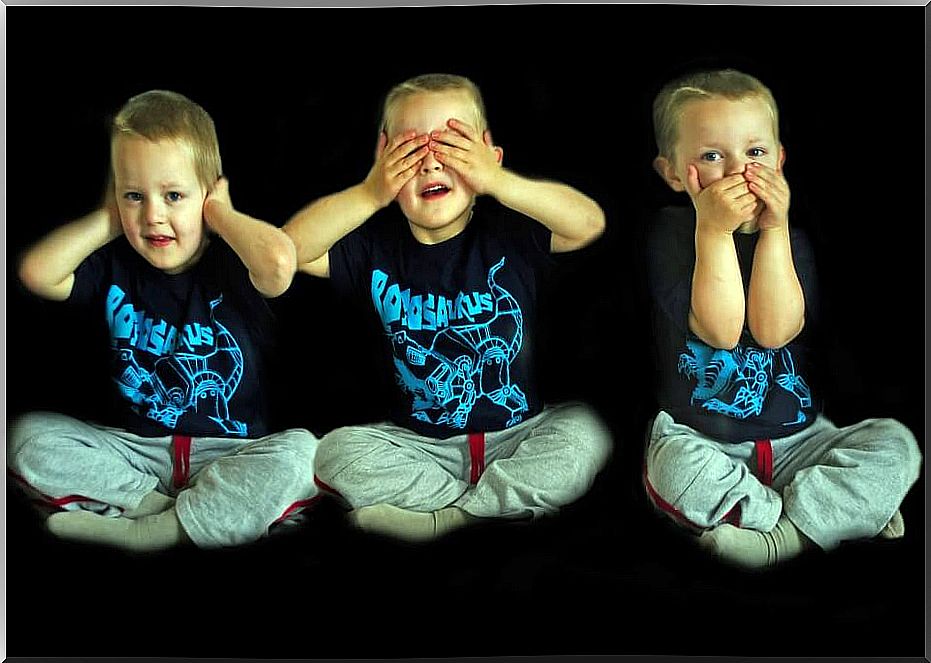
Infantile amnesia is the inability of adults to remember childhood episodes that occur between birth and 3 or 4 years. Some theories and research maintain that we do not remember the moments lived during the earliest stage due to the fact that at that moment the brain uses its capacities in the creation of neurons.
These neurons will strengthen our capacities after 4 years of age, but the price we would pay for them would be the loss of memory of the first moments. What we are left with is learning repetitive habits. In the first years of life there is neural pruning, and the brain is only left with that learning that is absolutely necessary for development.
When do long-lasting memories arrive?
There are several hypotheses. Some scholars speak that long-term memory begins to form from the age of 4. On the other hand, a group of Canadian researchers believe that it takes shape after 7 years of age.
For Carole Peterson, Canadian psychologist: “the memory of young children tends to change, since the memories of the first years of life are erased by the new ones as they get older.”
What we must be aware of is something key: each person is unique and goes through different psychological processes. Cultural aspects, learning, and even traumatic events make each personal experience different.
The important thing about oblivion
Many of us try to look for things in childhood that we lived and that we no longer remember. Sometimes we dream unfinished images because perhaps, part of that information remains in the subconscious.
The truth is that just as remembering is important, forgetting is also important. The degradation of some moments is an adaptive mechanism, vital for our growth. Information that you don’t need to keep in mind is eliminated.
The thing about babies is that while neurogenesis levels are high, the task of forgetting increases. Memories last less, giving way to the construction of a much stronger memory. Now you know how it works!
